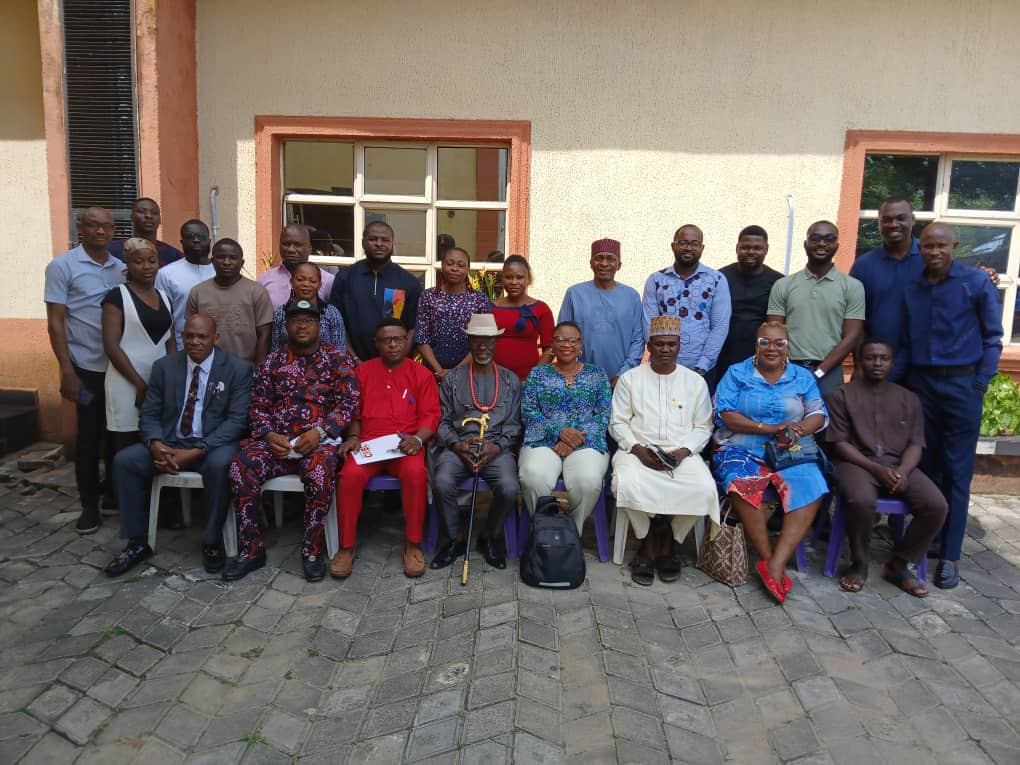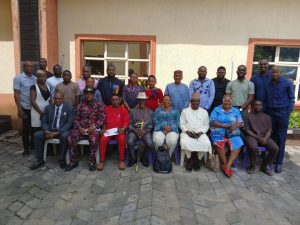
ATM Network demands extension of health insurance to the poor, vulnerable groups

Ani Bassey
The Aids, Tuberculosis and Malaria, ATM Network in Cross River State has called for the extension of Nigeria’s health insurance to the poor and vulnerable groups.

The ATM Network comprises the Network of People living with HIV/AIDS in Nigeria, NEPWHAN, Civil Society for Malaria Control, Immunization and Nutrition, ACOMIN and the Civil Society for the Eradication of Tuberculosis in Nigeria, TB Network.
The ATM network which is implementing the C19RM/NACA/GF/RSSH/GC7 grant in made the plea in Calabar during a Media Round Table Meeting to highlight its activities in the state.
Speaking during the media brief, Achu Agbor, the state deputy coordinator of the TB Network and lead coordinator of the grant said poor people lack the ability to pay the high costs associated with illnesses.
In his presentation, he said “The National Health
Insurance program enjoyed by the formal sector should be extended to other
citizens of Nigeria, particularly the poor and most vulnerable.
“The poor often are less educated and unemployed and consequently lack the ability to pay out-of-pocket due to high cost of medical treatment.
“Funding and finances for primary health delivery should be carefully mapped out and sanctioned against any misappropriation or mismanagement; to enable a robust public health program at all ward levels in the local government”, he said.
He also emphasized the need to educate, engage, and empower the communities to embrace behavioral change relevant to achieving success in malaria, HIV, and TB control in Nigeria.
Every ward, he said should commit
to health promotion and education programs to increase awareness of prevention
measures; and promote community participation and adherence to evidence-based strategies.
Speaking on the success story of the project, Pastor Effiong Udobong, the state coordinator of ACOMIN said they have been working collaboratively to Strengthen Community System to take ownership of PHC facilities for effective sustainability.
Also speaking, Rev. Sunday Eminue, the state coordinator of the Network of People living with HIV/AIDS in Nigeria, NEPWHAN said community can also come in by identifying gaps hindering effective service delivery.
He added that they can jointly prioritize identified needs and also advocate for improvement in healthcare service delivery.
Victor Ogwuche, the State Programme Officer enumerated several success stories of the project in the state which includes helping to address erosion issues, electricity challenges, providing beds and supplied consumables to some health facilities within the state.



